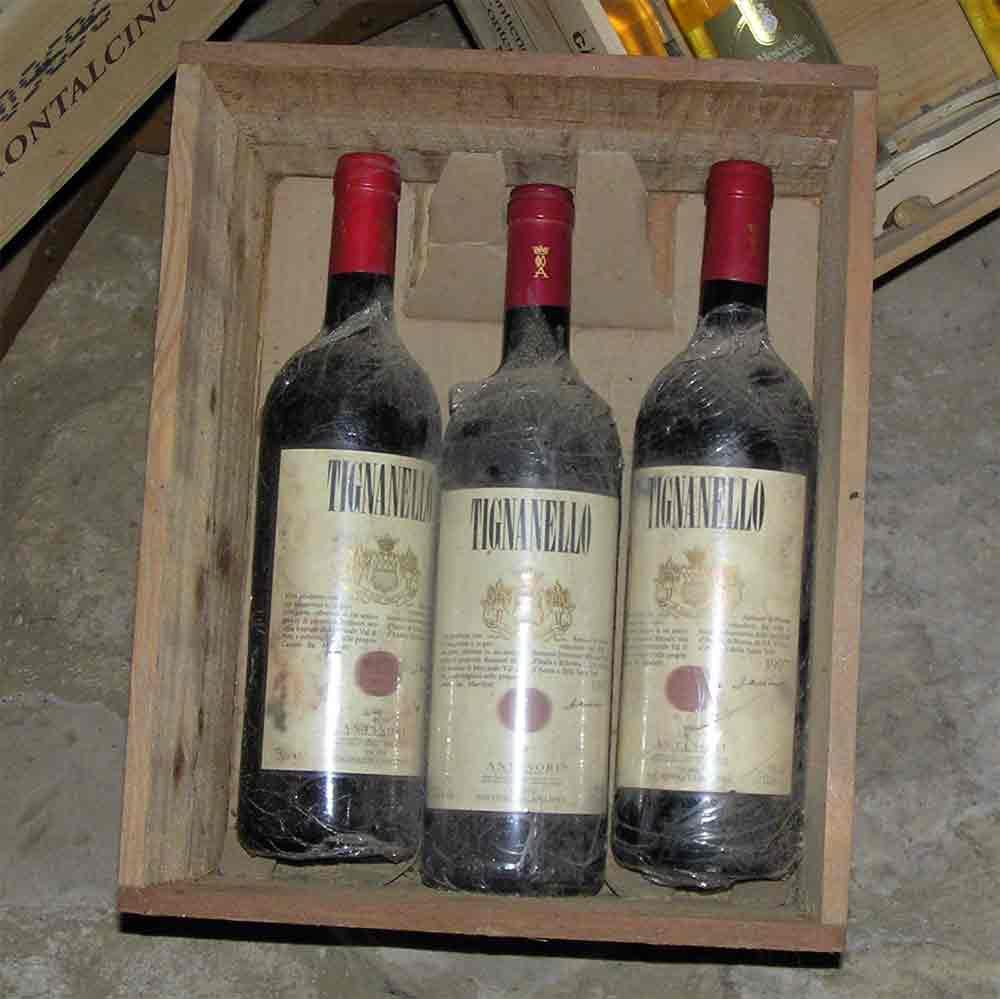September is almost over, and fall has arrived. The leaves are turning, the days are getting shorter, and the temperatures are beginning to cool down. Soon, the holidays will be here; have you thought about what gifts you’ll be giving this season? It’s always a problem, albeit a fun one, to choose gifts for friends and family they’ll appreciate and enjoy. Then there are those gifts for people you don’t know all that well, but feel obligated to give a gift – your husband’s boss, a healthcare professional or caregiver, or a teacher. Have you considered giving these folks a bottle of wine?
A Little Wine History
Wine is a venerable beverage. One of the earliest known traces of wine was found in modern-day Georgia (the country, not the state) around 6000 BC. This is two thousand years before the wheel was invented in Mesopotamia, and five thousand years before the Trojan War. The earliest wines were made from wild grapes and berries; grapes weren't domesticated until the time of the first dynasty in Egypt – around 3200 BC. Wine has been prized for pretty much its entire history; in ancient Persia, wine was considered a divine gift. Wine grew up with the world; by the Middle Ages, wine was served at every meal, both red and white. Granted, it was watered down a good bit – after all, one couldn't spend every day drunk as a skunk. It was also not aged during this period, as consumption threatened to outstrip production. Aging of wine began at a later period. Wine’s history continues to the present day, where it is a global industry now, not just a French one. The major wines of the world still originate mostly in France, but wines from the New World are gaining in acceptance.
Giving Wine as a Gift
Before giving wine as a gift, you need to know if the recipient likes the idea. Giving a bottle of Dom Perignon to a teetotaler is not the best idea in the world. Gourmet cheese or chocolates would be better suggestions in this case. If your intended recipient does drink wine, knowing their level of expertise in the subject is useful; if you give a gift of rare vintage to a newbie, it’s not going to be appreciated as much as it would be to a genuine oenophile. Conversely, giving the oenophile a bottle picked up at the grocery store will fly like the proverbial lead balloon. So, first know if the intended recipient drinks wine, and then learning about their level of expertise is a good start. Finding a good wine shop with an expert sommelier on staff will help prevent gaffes.
Know Your Price Range
Before choosing a bottle as a gift, you need to know how much you can afford to spend. A gift for a true oenophile can cost a bundle, so let the person helping you choose at the wine shop know your range before he starts making suggestions. A hostess gift can be purchased at the grocery store – some stores have really good wine sections – or at a package store. A gift for ̀someone you want to impress, you should look at a store dedicated to wine.
What Type of Wine to Choose
The genre of wine you select depends on the recipient, you, the time of year, do you intend for them to use it immediately, or did you buy it for their cellar. Reds are investment wines; they get better with age, and better translate to more valuable. Reds can be bought for the recipient’s cellar, if they have one; any good Bordeaux works here. Whites are also good for long-term storage; be sure to know if your recipient likes whites, and if they store them. Roses are not intended for aging; your recipient may like one anyway, but if you’re looking for a cellar item, skip these wines. Where your recipient lives is also a factor; in some large wine producing countries, such as Argentina, wine is considered too common for a gift. However, other wine-producing countries, such as South Africa and Portugal, consider their wines as superior, and would not appreciate a gift of French wine, for example.
Wine is always a good gift idea, but you need to know a few things about your intended recipient before purchase. Wrap it in pretty paper, or put it in a gift basket with other wine-associated items, such as cheese, crackers, and chocolate. You can find a wine to suit both your pocketbook and your intended recipient, and this, as Martha would say, is a good thing.


